PHONE: 617-328-4050
EMAIL: info@greatsleepdental.com
SLEEP APNEA
SLEEP APNEA MAY BE BEHIND YOUR FATIGUE, WEIGHT GAIN, SNORING, POOR SLEEP, AND MANY MORE.
Sleep apnea is a serious sleep disorder characterized by pauses in breathing or shallow breaths while one sleeps. These interruptions can occur multiple times per hour and last for more than ten seconds each, leading to fluctuating oxygen levels in the bloodstream. This condition not only disrupts sleep quality, leading to excessive daytime fatigue, but can also increase the risk of heart disease, stroke, and type 2 diabetes.
Understanding Sleep Apnea
HOW SLEEP APNEA WORKS
Apnea is the complete absence of breathing, which results in an acute lack of oxygen and rising levels of Carbon dioxide (the gas that carries waste out). Your brain senses this dangerous imbalance and causes you to wake up in order to restart the breathing cycle.
That means that in the night you are suffocating and struggling to survive and you may not even be aware of it! For some people, this can happen hundreds of times each night. This also means that the patient who is fighting for breath as well as their bed partner are not getting ANY restful sleep!
The primary reason why apnea and snoring patients have to struggle for breath is that the airway in their throat collapses or gets blocked. Because our bodies and brain depend on oxygen for survival the chronic lack of it, combined with the lack of quality sleep, is tied to many dire health consequences. Some of these are:
- Diabetes
- Heart attack
- Heart rate abnormalities
- Lack of libido or impotence
- Elevated blood pressure
- Depression and anxiety
- Acid reflux
9 Things you should know about sleep apnea
1. There are CPAP alternatives
Many patients who suffer from sleep apnea are prescribed a CPAP machine, which is a machine that blows air through a tube into their airways to keep it from collapsing . The problem with this treatment is that patients don’t use it consistently every night or even throughout the entire night. The device is cumbersome, bulky, and uncomfortable, and the tubing often gets in the way of a good night's sleep. Luckily, CPAP is not the only treatment. Dr. Bagdonas can talk to you about alternatives and better sleeping habits that can work for patients who do not want to or cannot use a CPAP machine.
2. Consider an oral appliances
A great alternative to the CPAP machine are oral appliances, which are custom-molded to a patient’s mouth for the best and most comfortable fit. This device works by holding the lower jaw at a higher position and keeping the patient’s airways open.This allows patients to breathe freely when they sleep, minimizes snoring (now that the airways are not obstructed), and lets the patient obtain deeper sleep . Many of our patients say they were able to get used to sleeping with the mouthpiece after a few nights and soon didn’t even notice it was there.
3. Schedule a consultation
Literally. Sleep apnea is linked to many health risks. Often, patients think waking up multiple times a night and being tired all day is part of life because that’s always been. When you don’t get enough quality sleep, your body doesn’t receive the restorative work it needs to thrive and ward off illness.
A no-obligation consultation with Dr. Bagdonas will help you understand the risks, symptoms, and treatment options for this commonly misunderstood condition. What are you waiting for?!
4. Fatigue is not the only symptom
Fatigue can be a symptom of sleep apnea. But many people with sleep apnea are not tired at all and may not even be aware of their nightly struggles. If you deprive your body of the ability to restore itself for a prolonged period of time, health risks like high blood pressure, acid reflux and even an increased rate of a stroke may develop. You can learn more about the risks here.
5. Conduct a sleep study
It’s easy to overlook the symptoms of sleep apnea since patients may become so used to them. Constant fatigue throughout the day and frequent nighttime awakenings or trips to the bathroom can be telltale signs of sleep apnea. Dr. Bagdonas, along with your other doctors, can provide patients with a take-home sleep study kit that is easy to use and will track sleep activity. Without a sleep study, it is not easy for the patient to determine what’s really happening during their sleep. You can learn more about the symptoms of sleep apnea here.
6. The real reason behind snoring
Millions of Americans snore at night and to different degrees. Because snoring is the sound of air trying to pass through a partially collapsed airway, loud snoring is frequently a sign of sleep apnea. When the airway is blocked, air has difficulty getting into the lungs or doesn’t get there at all. When the body doesn’t get enough oxygen, it wakes up the patient from deep sleep to send a distress signal. Oxygen is essential for survival and even several minutes without air can be lethal. When the patient falls back asleep, the airway collapses again and the cycle repeats itself. This could happen as often as every minute. That’s right, your body could be waking you up over 60 times an hour! No wonder that people suffering from sleep apnea complain that they have no energy during the day. They never slept in the night!
7. Others suffer from your snoring too
Snoring often affects more than just the snorer. Bed partners or friends sharing a room, all suffer when they are awoken throughout the night by loud snoring. Often, couples have to sleep in separate rooms just to be away from the snoring! There are ways to stop snoring, and Dr. Bagdonas will be able to walk you through your options during your no obligation consultation, so contact us today!
8. The obesity factor
Obesity can make matters much worse for people who are already suffering from sleep apnea. Sleep apnea or obstructive sleep apnea, is a condition when the windpipe is blocked and air can’t pass through to the lungs, causing the body to frequently wake up to gasp for air. When a person is obese, the narrow airways become even harder for air to pass through. One of the ways to lessen the effects of sleep apnea for obese patients is to lose (even a little) weight!
9. High blood pressure and sleep apnea
When you are struggling for air in the night, your blood pressure rises and your heart beats faster. After a while, the blood pressure does not come back down to normal levels and becomes resistant to treatment.
GET AN APPOINTMENT
SCHEDULE YOUR NO OBLIGATION CONSULT
Contact Us
We will get back to you as soon as possible.
Please try again later.


